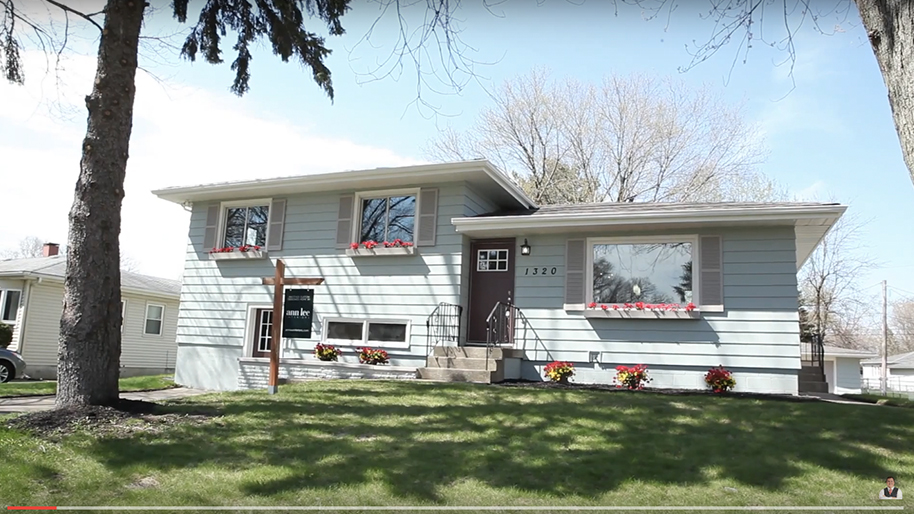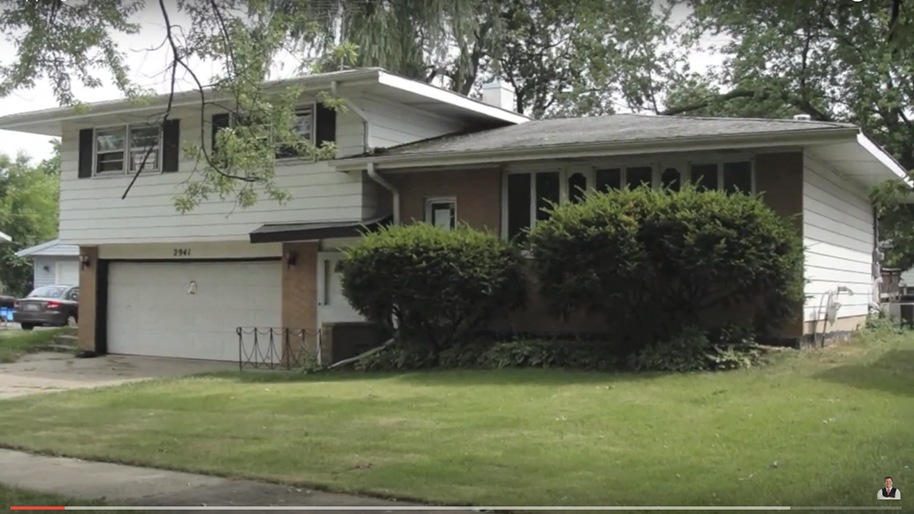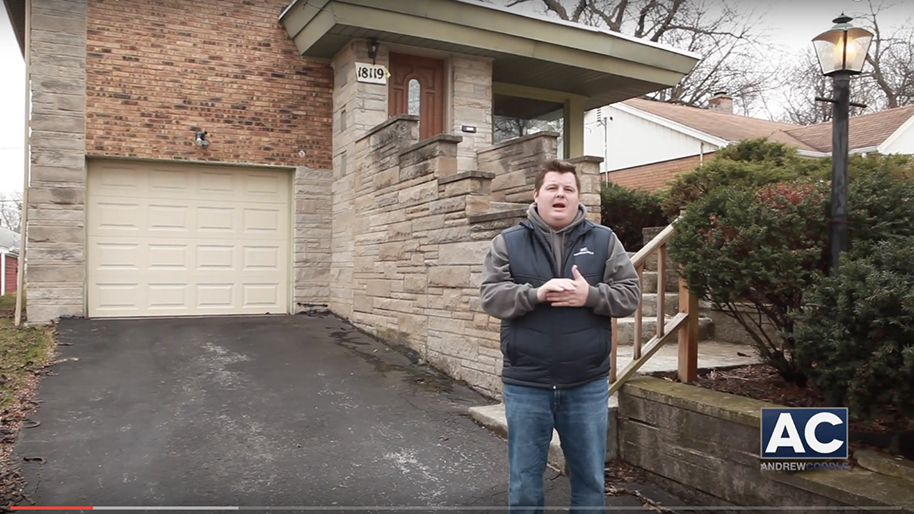There Are Things You Can Control
Thirty-five year old George Cowan, a Civil War veteran who had moved to Helena, Montana, to prospect for gold and to work as a lawyer, was thinking of some way to console his wife Emma, who had just lost their first child. Emma was 24 years old. Five years earlier, Yellowstone National Park had been officially dedicated and opened to the public for tourism. Wondering if it would be safe to take his young wife there for some camping and fishing, George spoke to an army scout from the area who said, “You will be as safe in the park as in New York City.” On August 5, 1877, George and Emma, accompanied by Emma’s brother Frank, her sister Ida and 6 other men, left their home for Yellowstone. Nine days later, the group was in their camp in Yellowstone preparing to go fishing only to find themselves surrounded by Indians from the Nez Perce tribe. The Nez Perce had been living in the Wallowa Valley area of Washington State. They had felt forced to leave by encroaching cattlemen. They felt a new home with the Crow Indians of Eastern Montana would be more accommodating. That or they could migrate to Canada to join the Sioux Indians there. The federal government ordered them to stay in Wallowa temporarily until a better arrangement could be negotiated, but the Nez Perce decided to strike out east on their own. Attempting to prevent their movement, a drunken band of soldiers fell upon a smaller group of the Nez Perce and killed nearly 100 of them, mostly woman and children. Now the Nez Perce felt the bitterness and heavy hand of the federal government and decided to covertly move to Canada and escape. They were passing through Yellowstone on their journey when they met the tourists of George Cowan’s party. On their two-year anniversary, George and Emma found themselves in the middle of the last great frontier Indian battle of the USA. Emma heard Indians outside of their tent. George, fearing that some bandits may be attempting to steal their provisions, grabbed his shotgun and headed out to meet the intruders. The Indians were indeed trying to talk some of Cowan’s party out of provisions, but George insisted no one would take them without a fight. George’s legal training along with his stubbornness caused him to argue with the Indians who were well-armed and in superior numbers. Years later, George confessed to his daughter Ethel that perhaps his well-known bluntness might have escalated the situation. His great-granddaughter said, “I think my great-grandfather realized he could’ve handled it a little more diplomatically. It’s one of those incidents where hot-headedness prevailed both with the young Indians and my great-grandfather.” The Indians began to escort the Cowan party to their chiefs at the main camp. The chiefs wished to free them but...
Read More »










